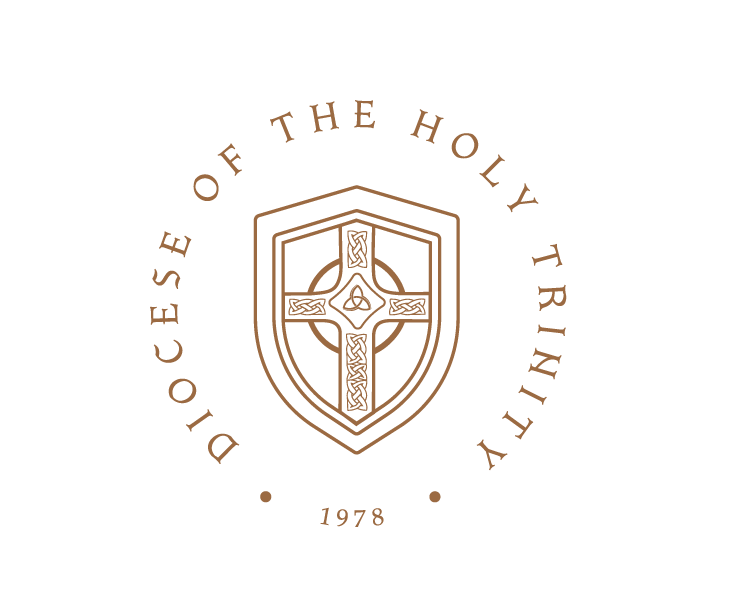Rule
RuleOur “Rule” will answer the question, “When and how will I pray?” Thornton argues against calling it a “Rule of Life”—which seems too broad. He prefers “Rule of Prayer,” or just “Rule” (Christian Proficiency, 46). The most significant point is that Rule is not “rules.” A Rule is a pattern that an individual embraces for the efficient living out of the Christian life. It is not a list of rules one must keep in order to please God. A breach of Rule is called a “fault.” It is not a sin.If we want to get in shape, we must take on some pattern of exercise. It may be as simple as, “I will run three miles after work on Monday, Wednesday and Friday.” It won’t work very well to say, “I will work out on those days when I feel like it.” A simple Rule of Prayer might be, “I will assist in the Eucharist on Sunday, pray Morning Prayer each day when I get up and spend fifteen minutes in personal prayer each afternoon.” This very simple rule would dramatically increase the time most Christians spent in prayer. It simply does not work to say, “I will pray whenever I feel like praying.”When a person falls short of observing some aspect of Rule on a given day, this does not mean that the Rule or the person is a failure. The Rule is simply resumed the following day. If the above mentioned runner missed his Wednesday run, this would not render his new program worthless. He would simply resume the pattern on Friday—and it would be silly for him to try to run six miles on Friday to make up for Wednesday.A problem many have is overzealousness with regard to Rule. They take on too much, experience too many days with “faults” get frustrated and give up. It is better in both spiritual and physical exercise to establish a pattern that you can actually follow. It is better to commit to fifteen minutes of exercise a day and actually do it for five years than it is to aim at an hour a day and give up after two weeks. Rule can, and should, be adjusted if we have established a pattern that just does not work.Perhaps the main problem is that Rule—regular habits of prayer—will confront us with ourselves. I’ve had people say, “I’ve tried to say Morning Prayer, but I just don’t feel anything” or, “I get distracted and my mind wanders.” The problem is often that the person is emotionally distant from God or is spiritually distracted—and our spiritual state is revealed when we pray. Often I don’t feel like saying Morning Prayer because I am anxious to get on with the day. The problem is not with the Office or God. The problem is my impatience, and I can only effectively deal with that over time by praying anyway.When we embrace the principle of Rule, we begin the process of establishing God’s order in our disordered lives. If God made all things and Jesus is Savior and Lord, then a rightly ordered life will always begin and end with prayer—which will, in turn, produce the fruit of decreased sin, increased virtue and progress in holiness. Growth in virtue and holiness depends upon the grace of Sacrament and prayer; and the most efficient and effective way to pray over time is to pray according to a pattern or Rule.

